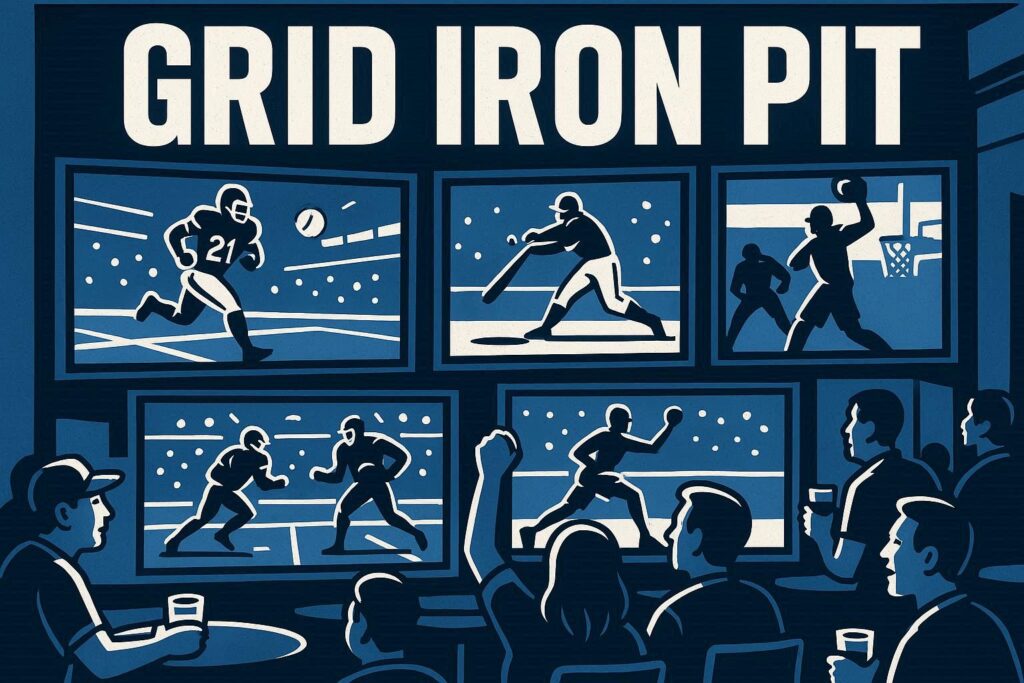DraftKings is in talks to acquire Railbird Exchange, an expected entrant into prediction markets, Front Office Sports reported.
While its prediction markets platform has yet to launch, Railbird was approved as a Designated Contract Market by the Commodity Futures Trading Commission last month.
The news is not a surprise. Prediction markets, led by Kalshi, are disrupting the sports betting space and have numerous advantages over traditional sportsbooks. Since they are regulated by the CFTC and not individual states, they can operate in all 50 states, even where sports betting is not yet legal. This includes the coveted jurisdictions of California and Texas, the nation’s two most populous states. Florida, where Hard Rock has sports betting exclusivity via the state’s exclusive arrangement with the Seminole tribe, also presents a lucrative opportunity.
Additionally, prediction markets don’t pay state taxes, an increasingly weighty burden on sportsbooks.
Advantage FanDuel?
DraftKings’ potential move into prediction markets follows news that FanDuel has engaged in partnership talks with Kalshi.
DraftKings and FanDuel, the nation’s two dominant sportsbooks, are likely not alone.
“Every major sportsbook is lining up partnerships,” a source told FOS.
Of all the US-facing sportsbooks, FanDuel seems best-positioned to pivot to prediction markets.
Flutter Entertainment, FanDuel’s parent company, counts Betfair, the world’s largest sports betting exchange, among its assets. The company has already shifted some of the BetFair team to FanDuel to explore the opportunity.
“We know this space well,” Flutter CEO Peter Jackson said during the company’s Q1 earnings call in May. “The Betfair Exchange has for many years given us very good insights on how this space can play out.”
Football season approaching
It’s been an unruly summer in the gambling industry, due in no small part to the disruption caused by prediction markets, Kalshi first and foremost.
With football season approaching, things figure to get crazier – not only in terms of mergers and acquisitions, but also with the sports-related markets available on these platforms.
Kalshi is already offering a robust menu of NFL and college football markets, including championship and division futures, MVPs, win totals, and moneylines. There are also markets you won’t find on sportsbook apps, such as “Will Taylor Swift attend on NFL game before October?”.
Prediction markets have yet to hang point spreads, totals, and perhaps, most significantly, parlays. Many industry observers believe it’s a matter of time before these types of markets are available on Kalshi and similar platforms.
Expanding into prediction markets could also represent the best of both worlds for companies like DraftKings and FanDuel: Offer high-margin parlays and tolerate high tax rates on them in legal sports betting states, while dealing lower-margin straight bets and avoid state taxes on exchange wagering.
Legal landscape for prediction markets
While prediction markets are facing on onslaught of legal challenges from states, Native American tribes and other groups, there’s clearly enough confidence that they’ll be able to keep operating, at least for the next several years.
Kalshi won preliminary injunctions in both Nevada and New Jersey to halt those states’ cease-and-desist orders, and 34 states and hundreds of tribal nations filed amicus briefs in New Jersey to support the cause. There’s a similar case pending in Maryland, lending some hope to the anti-prediction markets movement.
The federal government, though, appears to be siding with prediction markets, and the current administration seems friendly to Kalshi. Brian Quintenz, President Trump’s nominee to head the CFTC, implied during his confirmation hearing that the agency would allow prediction markets to continue to offer “sports event contracts” akin to sports betting. Qunitez previously sat on Kalshi’s board, and Donald Trump Jr. is now a strategic adviser to the company.
Translation: The prediction market waters are certainly warm enough for a swim, and more participants are expected in the pool.





